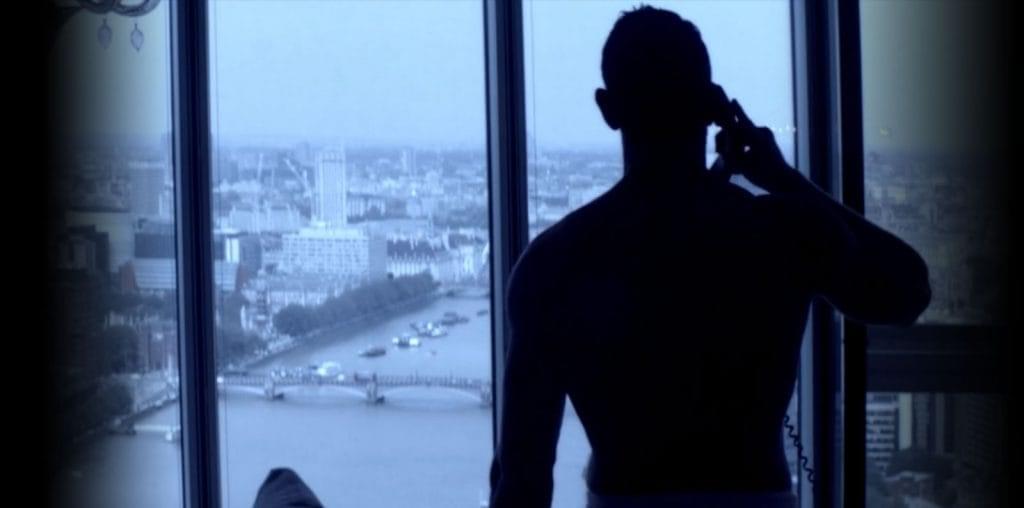
Chang-dong Lee’s newest film concerns itself with the notion that an unexamined life isn’t worth living. Toward that end, it tells the story of an aging woman named Mija who, in the midst of an Alzheimer’s diagnosis and the aftereffects of a young girl’s suicide, takes an interest in poetry. Though a nascent fixation, Mija’s determination to write a poem has its roots in passing references made to her throughout the years to her “poetic vein” and predilection for saying odd things. And it’s true: Mija, for all her years, is a decidedly curious woman, and one who tends to float around—rather than directly participate in—the world around her. Throughout Poetry, a film carried on its back by Yoon Jeong-hee’s performance, we are given a look at the ways in which the written word changes Mija as she slowly, arduously comes closer to externalizing her inner being.
Lee uses poetry as a catch-all for how we look at the world around us—or, rather, how we most often don’t, at least not in any meaningful way. At one point, Mija’s teacher holds an apple in front of his class and asks how many times they’ve seen one before. A thousand? A million? Wrong, he says: You’ve never seen one before. Lee isn’t especially subtle in moments such as these, but he does convey his point clearly: We are all of us walking around with blinders on, oblivious to the simple beauties surrounding us at any given moment. Whether we come to appreciate our milieu through poetry or anything else is moot; what matters is that we do it before, like Mija, we start to lose sight of it as age dims our senses. Mija’s new approach is perhaps a saving grace insofar as it helps her stay above the dual crises she is managing, but it also gets in the way of her doing anything effective much of the time (though it’s uncertain she would have anyway). Her change throughout the film shows itself more in terms of perception than action: Lee is concerned with beauty in much the same way a philosopher might be—its transcendent nature, its presence in nearly everything—but a likely unintended result of his philosophical approach is that Mija, the vessel through which he examines his subject, goes from not looking enough to looking too hard. In so doing, she comes to learn that inspiration can’t be sought out; it must simply occur.
Lee’s 2002 Oasis—rightly hailed as a masterstroke, as well as a vital film of the Korean New Wave—is one filled with characters unable or unwilling to contain themselves. Poetry, however, takes the opposite approach and spends over two hours following an altogether passive woman who, in fact, has more reason to have an outburst than most. Mija whiles away her time caring for an insolent grandson at home and a disabled old man at work, balancing her altruism with the one indulgence she keeps for herself. Her dignified outrage shows itself in small doses throughout the film, but her most defiant and liberating act is a silent one that comes in the film’s long-awaited climax.
Poetry is nothing if not a slow burn—sometimes overly so—but our patience is rewarded in its last several minutes, when Lee suddenly makes it clear that, sluggish plot aside, he has known what he’s been doing all along. All at once, Poetry‘s loose narrative threads are masterfully tied together in a haunting final montage. In taking this long to finally show its cards, however, Lee’s film sometimes fails to engage along the way; the aloofness of Mija doesn’t help. (It is interesting that, for as explicit as the film’s underlying message is, her maturation is almost excruciatingly subtle.) Poetry is a film more concerned with journey than destination, and yet it takes our eventual arrival to understand the latent meaning behind the long process. No matter: Lee’s film is ultimately rewarding—and beautiful—enough to make the journey more than worthwhile.

